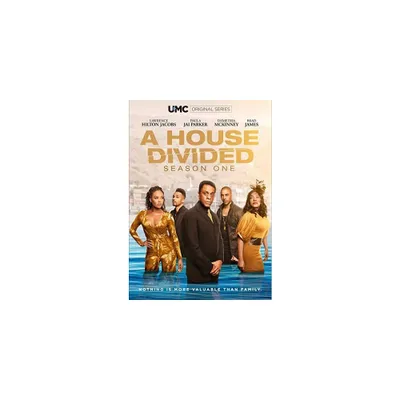Home
The Enemy's House Divided
Loading Inventory...
Barnes and Noble
The Enemy's House Divided
Current price: $37.50


Barnes and Noble
The Enemy's House Divided
Current price: $37.50
Loading Inventory...
Size: Paperback
*Product Information may vary - to confirm product availability, pricing, and additional information please contact Barnes and Noble
Originally published in 1924 and available here in English for the first time,
The Enemy's House Divided
is Charles de Gaulle's analysis of the major errors that led the Germans to disaster in World War I. Based partly on observations made during his internment as a prisoner of war from 1916 to 1918, it can be seen as the foundation for everything he wrote in the 1920s and 1930s in the shadow of German resurgence and for much of what he said and did after the Nazi victory in June of 1940. To de Gaulle, the German conduct of the Great War and the debacle of 1918 was the greatest moral disaster ever to befall a modern civilized political community. He seeks to identify the internecine causes of the collapse of the German war effort in 1918 and of the subsequent dissolution of the German Empire. His diagnosis of the profound moral crisis that unfolded in Germany during World War I points forward to 1940, for de Gaulle understood the fall of France, above all, as a moral catastrophe for the French. His first book, it is also a key document of de Gaulle's "philosophy of action," introducing his statesmanship to the world with its deliberate and studied critique of the perils of Nietzsche's philosophical initiative.
The Enemy's House Divided
is Charles de Gaulle's analysis of the major errors that led the Germans to disaster in World War I. Based partly on observations made during his internment as a prisoner of war from 1916 to 1918, it can be seen as the foundation for everything he wrote in the 1920s and 1930s in the shadow of German resurgence and for much of what he said and did after the Nazi victory in June of 1940. To de Gaulle, the German conduct of the Great War and the debacle of 1918 was the greatest moral disaster ever to befall a modern civilized political community. He seeks to identify the internecine causes of the collapse of the German war effort in 1918 and of the subsequent dissolution of the German Empire. His diagnosis of the profound moral crisis that unfolded in Germany during World War I points forward to 1940, for de Gaulle understood the fall of France, above all, as a moral catastrophe for the French. His first book, it is also a key document of de Gaulle's "philosophy of action," introducing his statesmanship to the world with its deliberate and studied critique of the perils of Nietzsche's philosophical initiative.


















